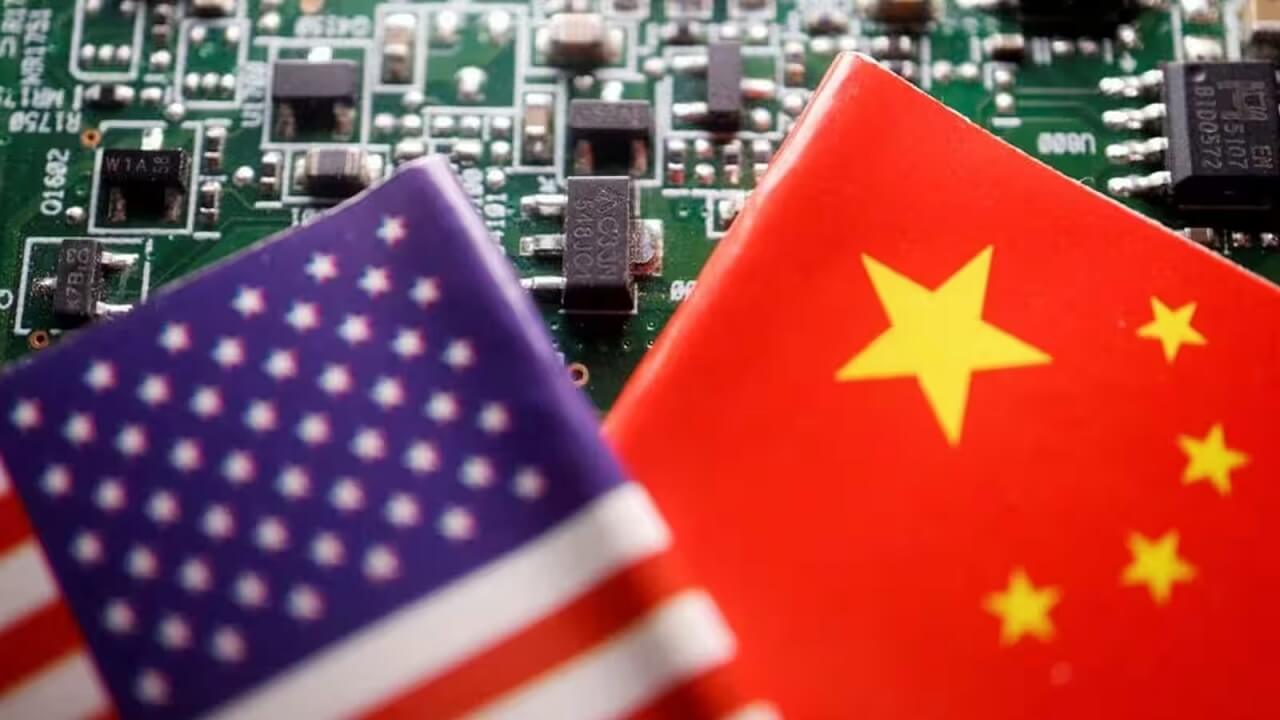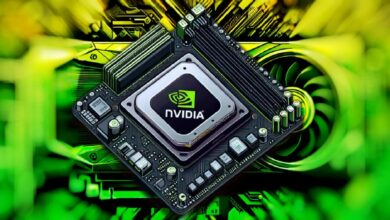Biden Administration Tightens Restrictions on Nvidia Chip Exports to China

The Biden administration is taking substantial steps to curtail the export of advanced artificial intelligence chips to China as part of an overarching strategy to prevent Beijing from acquiring cutting-edge U.S. technologies for military enhancement. More specifically, the Biden administration tightened restrictions on Nvidia chip exports to China. These measures, set to become effective within 30 days, not only tighten the restrictions on the export of sophisticated chips but also encompass a wider array of countries, including Iran and Russia. In addition, they place Chinese chip designers Moore Threads and Biren on a trade blacklist.
The primary objective of these new regulations is to prevent China’s access to advanced semiconductors that could contribute to significant advancements in artificial intelligence and sophisticated computer systems crucial for military applications. Importantly, the U.S. administration underscores that its intention is not to inflict economic harm on Beijing.
Biden Administration Tightens Restrictions on Nvidia Chip Exports to China
Commerce Department Secretary Gina Raimondo emphasized that China would still be importing billions of dollars worth of U.S. semiconductors. The aim is to control access to certain advanced technologies that could enhance China’s military capabilities.
In response to these measures, a spokesperson for the Chinese embassy expressed strong opposition, claiming that the restrictions run counter to the principles of market economy and fair competition while undermining international economic and trading norms.
Despite these efforts, the Biden administration has faced significant challenges in controlling the export of chips and chipmaking tools to China, particularly amid growing concerns regarding the role U.S. technology plays in modernizing China’s military capabilities.
An earlier report by Georgetown University’s Center for Security and Emerging Technology revealed that the AI chips targeted by prior regulations were still available from vendors in China’s Shenzhen.
AI capabilities, powered by supercomputing and advanced chips, play a pivotal role in enhancing the speed and precision of military decision-making, planning, and logistics. The latest regulations are designed to address this critical aspect.
U.S. AI chip giant Nvidia, when responding to the new rules, emphasized its compliance with regulations and stated that it did not anticipate significant short-term impacts on its business. This is because Nvidia’s China-specific chips have continued to outperform alternatives, and the company is witnessing robust demand.
While the market reception has been positive in the short term, U.S. companies like Nvidia and AMD are aware of the long-term challenges. They have introduced chips, such as the A800 and H800, which adhere to the previous rules’ limits, allowing them to continue selling to China. AMD, which is also affected by the regulations, has announced plans for a similar strategy.
The new rules exempt most consumer chips commonly used in laptops, smartphones, and gaming devices. However, some of these chips may still be subject to licensing and notification requirements, adding an extra layer of oversight by U.S. authorities.
The prior regulations employed a two-pronged approach, assessing both a chip’s computing power and its ability to communicate with other chips, an essential aspect of AI supercomputers. Nvidia and Intel had previously devised specialized chips for the Chinese market. It maintained its computing capabilities but limited communication speeds to adhere to the earlier regulations.
The newly introduced rules impose restrictions on the amount of computing power a chip can possess within a specific size. It aimed at preventing workarounds using new “chipset” technology, which China sees as vital to its semiconductor industry’s future.
Two Chinese startups, Biren and Moore Threads, have been added to the trade blacklist. Biren plans to appeal the blacklisting, while Moore Threads strongly disagrees with its inclusion.
See Also: How Biden’s AI Chip Regulations are Affecting Chinese Firms Abroad?
PTA Taxes Portal
Find PTA Taxes on All Phones on a Single Page using the PhoneWorld PTA Taxes Portal
Explore NowFollow us on Google News!





